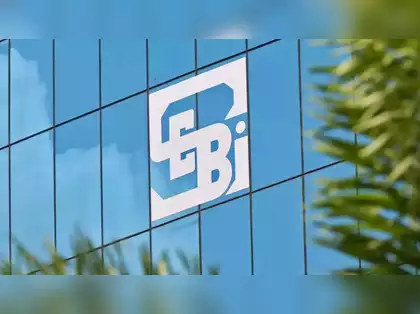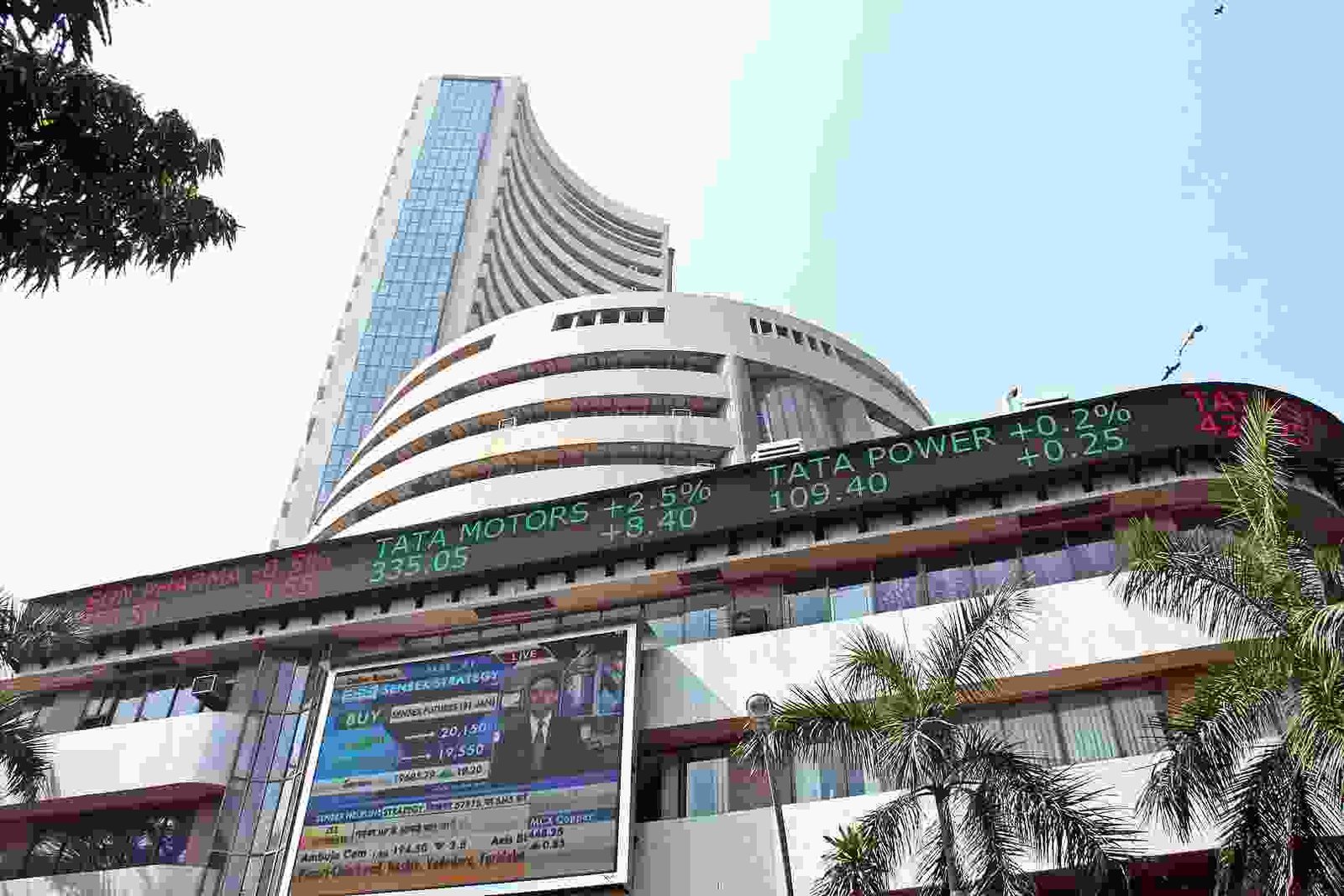Future and option (F&O) traders on the stock market will need to exercise extra caution starting in the following fiscal year because the NSE has decided to end the “Do Not Exercise” (DNE) option for them as of March 30, 2023. Since the stock market will be closed on March 30 to observe Ramnavmi across the country, this month’s expiration will occur on March 29, 2023. So, the DNE facility will be available until March 29, 2023, when it will expire, and stock option traders won’t have access to it starting the next month. However, traders of Index Option will still have access to the feature.
The lack of an auto square off capability following the expiration of a monthly option in stock option transaction, in the opinion of stock market experts, will have a negative effect on the volume of option trades. A trader of options must now pay the necessary margin in order to obtain delivery as the settlement will now move into the cash delivery sector. If they take a strike without having the whole amount in their demat account, the margin will be quite high, and they will also have to pay interest and a penalty. The NSE’s action, they claimed, will discourage high-risk option trading and encourage cash trading, which is better for investors and traders who are willing to take less risk.
Avinash Gorakshkar, Head of Research at Profitmart Securities, commented on how the NSE’s decision to discontinue the DNE facility may affect traders in India: “A stock option trader has the option of auto square off in the present DNE facility. Therefore, if an option trader closes out their position after the strike, it will automatically be squared off, and they will only be responsible for paying the margin used for the strike. But, as of the following month, this auto square off facility won’t be available. In that case, one’s position would enter delivery for settlement, and if the trader just had margin money in their demat account, they will need to deposit the remaining funds.”
Vice President of Research at IIFL Securities, Anuj Gupta, described how it will affect F&O traders “Consider holding a call option at 2000 with a 300-lot size. According to new NSE F&O rules that will be in effect starting next month, if you left your strike open without using the DNE facility, you would have to pay 6 lakh rupees (2000 multiplied by 300) to take delivery.”
penalty that could be assessed
That would include the strikes that option traders used to exercise at the conclusion of the expiry session, leaving one’s strike for auto settlement, according to Anuj Gupta. Now, in order to receive premium, one must pay 100% in stocks. According to him, if a stock option is struck and goes into delivery when the trader does not have cash in their demat account, their broker would charge them interest and a penalty that ranges from 15% to 20%, depending on the broker’s penalty policy.
How to prevent loss when there is no DNE facility
Avinash Gorakshkar provided the following advice on how to mitigate the losses caused by the DNE facility’s unavailability: “Waiting until the last day of the expiry to square off your strike is not advised because there is a good chance that you won’t find a counterparty to your position, in which case your stock option strike will become delivery. In order to avoid penalties and interest charges on the remaining amount after premium payments, one should square off their strike a little before the date of expiry. If they wish to take delivery, they should keep the whole amount in their demat account.”
The NSE had previously eliminated the DNE service for F&O traders. The DNE service was previously abandoned on October 14th, 2021, but it was reinstated on April 28th, 2022, in response to traders’ complaints that their brokers had failed to inform them of the change.
Disclaimer: Currency Veda does not endorse the opinions or suggestions expressed above by specific analysts or brokerage firms. Before making any financial decisions, we suggest investors to consult with licenced professionals.




